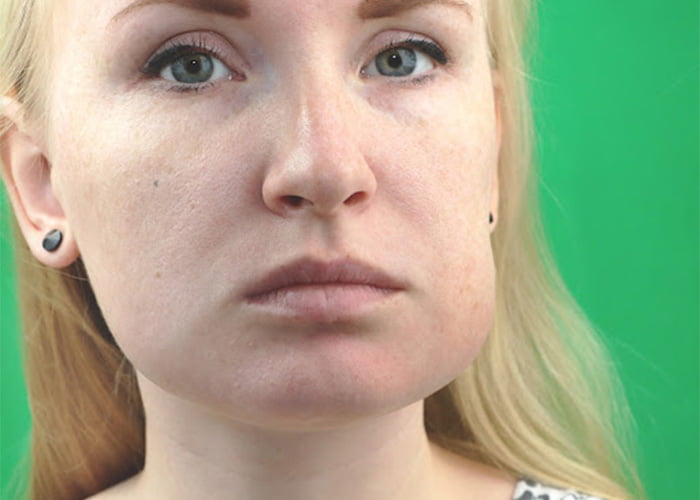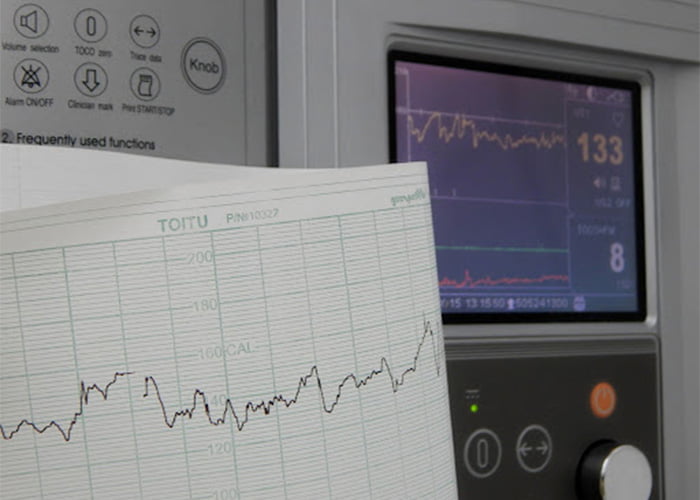We’ll explore the various ways that tooth infections can impact your overall health.With our comprehensive guide to symptoms of tooth infection spreading to body.
Tooth infections are common dental problems that can lead to serious health complications if left untreated. When a tooth infection spreads beyond the teeth and into other parts of the body, it can cause a host of symptoms that shouldn’t be ignored. In this article, we will discuss the symptoms of a contagious tooth infection and what you need to do if you experience any of them.
Signs of Tooth Infection
Tooth infections are common and usually treatable, but they can become serious if left untreated. One potential complication of a tooth infection is the spread of the infection to other parts of the body, which can lead to various symptoms and health risks.
Signs that your teeth are infected:
- Toothache: A toothache is the most common sign of a tooth infection. It can be described as a dull, throbbing, or sharp pain that originates from the affected tooth or the surrounding gums. The pain may be constant or intermittent, and it may worsen when you bite or chew.
- Sensitivity: Tooth sensitivity is another common symptom of a tooth infection. It can manifest as a sharp or shooting pain when you consume hot or cold food or drinks, or when you breathe in cold air. Sensitivity can also be a sign of tooth decay or gum disease.
- Swelling: Swelling in the gums, face, or neck can indicate a tooth infection that has spread to the surrounding tissues. The swelling may be tender, red, or warm to the touch. It can also cause difficulty in opening your mouth or swallowing.
- Bad breath or taste: A persistent bad breath or taste in your mouth can be a sign of a tooth infection. This is caused by the accumulation of bacteria and pus around the infected tooth, which can emit an unpleasant odor or taste.
- Discharge or pus: If you notice a discharge or pus coming from your tooth or gums, it is a clear sign of infection. Pus is a thick, yellow or greenish fluid that consists of dead cells, bacteria, and white blood cells. It can indicate that the infection has reached the root of the tooth or the surrounding bone.
See more: Teeth bonding vs veneers
Symptoms of tooth infection spreading to body
Tooth infections can be a serious dental problem that, if left untreated, can spread to other parts of the body and cause health complications. In this article, we will discuss the symptoms of tooth infection spreading to the body and the available treatments.
You feel unwell
When a tooth infection spreads to the body, you may experience a general feeling of being unwell. You may feel fatigued, weak, or achy. You may also experience a loss of appetite and have trouble sleeping. These symptoms are often a sign that your body is fighting an infection and should not be ignored.
You run a fever
Another common symptom of a tooth infection spreading to the body is a fever. A fever is your body’s natural response to an infection and can help fight off the bacteria causing the infection. If you have a fever, it’s important to monitor your temperature and seek medical attention if it rises above 100.4°F or lasts for more than a few days.

Your face swells
Swelling in the face, neck, or jaw can be a sign of a serious tooth infection that has spread to other parts of the body. This swelling may be accompanied by pain or tenderness in the affected area.

You become dehydrated
Tooth infections can cause dehydration if they prevent you from drinking enough fluids. Dehydration can lead to a range of symptoms, including fatigue, dizziness, and confusion. If you are experiencing dehydration, it’s important to drink plenty of fluids and seek medical attention if your symptoms worsen.

Your heart rate increases
If a tooth infection spreads to the lungs, it can cause difficulty breathing and an increase in your breathing rate. This is a serious symptom that requires immediate medical attention.

Your breathing rate increases
If a tooth infection spreads to the lungs, it can cause difficulty breathing and an increase in your breathing rate. This is a serious symptom that requires immediate medical attention.

You experience stomach pain
If a tooth infection spreads to the lungs, it can cause difficulty breathing and an increase in your breathing rate. This is a serious symptom that requires immediate medical attention.

What Causes Tooth Infections?
Tooth infections can be caused by a variety of factors, including:
- Poor oral hygiene: When you don’t brush and floss regularly, plaque and bacteria can build up on your teeth and gums, leading to tooth decay and gum disease.
- Dental trauma: A chipped or broken tooth can create an opening for bacteria to enter and infect the tooth’s pulp or nerve.
- Untreated cavities: When a cavity is left untreated, it can grow larger and deeper, eventually reaching the tooth’s pulp or nerve, causing an infection to develop.
- Weakened immune system: If your immune system is weakened due to illness or medication, you may be more susceptible to tooth infections.
- Dry mouth: Saliva helps to wash away bacteria and food particles from your teeth and gums. When you have dry mouth, there is less saliva to do this, which can lead to an increase in bacteria and plaque buildup.
- Poor diet: Eating a diet high in sugar and carbohydrates can increase your risk of developing tooth infections. These foods provide a food source for bacteria to grow and thrive.
How to Prevent a Tooth Infection?
To prevent a tooth infection, there are several simple steps you can take. First, make sure to brush your teeth at least twice a day with fluoride toothpaste and use dental floss to remove food debris and bacteria between your teeth. Additionally, it is important to regularly visit the dentist for check-ups and cleanings. Limiting sugary and acidic foods and drinks can also help prevent tooth decay. Furthermore, wearing a mouthguard during sports or activities that may cause damage to your mouth is important.
Read more: Can you reverse a cavity.
When to contact a doctor or dentist?
Knowing when to contact a doctor or dentist is also crucial. If you experience tooth pain, bleeding gums, jaw pain, or mouth sores, seek prompt medical attention. In addition, dental emergencies such as a broken or knocked-out tooth, or severe toothache require immediate care to prevent further complications. You should also seek medical help if you have persistent bad breath or notice any changes in the appearance or texture of your tongue or inside your mouth.
In conclusion
It is crucial to be aware of the signs of a tooth infection and seek immediate medical help to prevent the infection from spreading and to safeguard your overall health. Remember to maintain good oral hygiene and visit your dentist regularly to reduce the risk of tooth infections and related complications. In case of an emergency, contact an emergency dentist in Marysville for prompt treatment.



